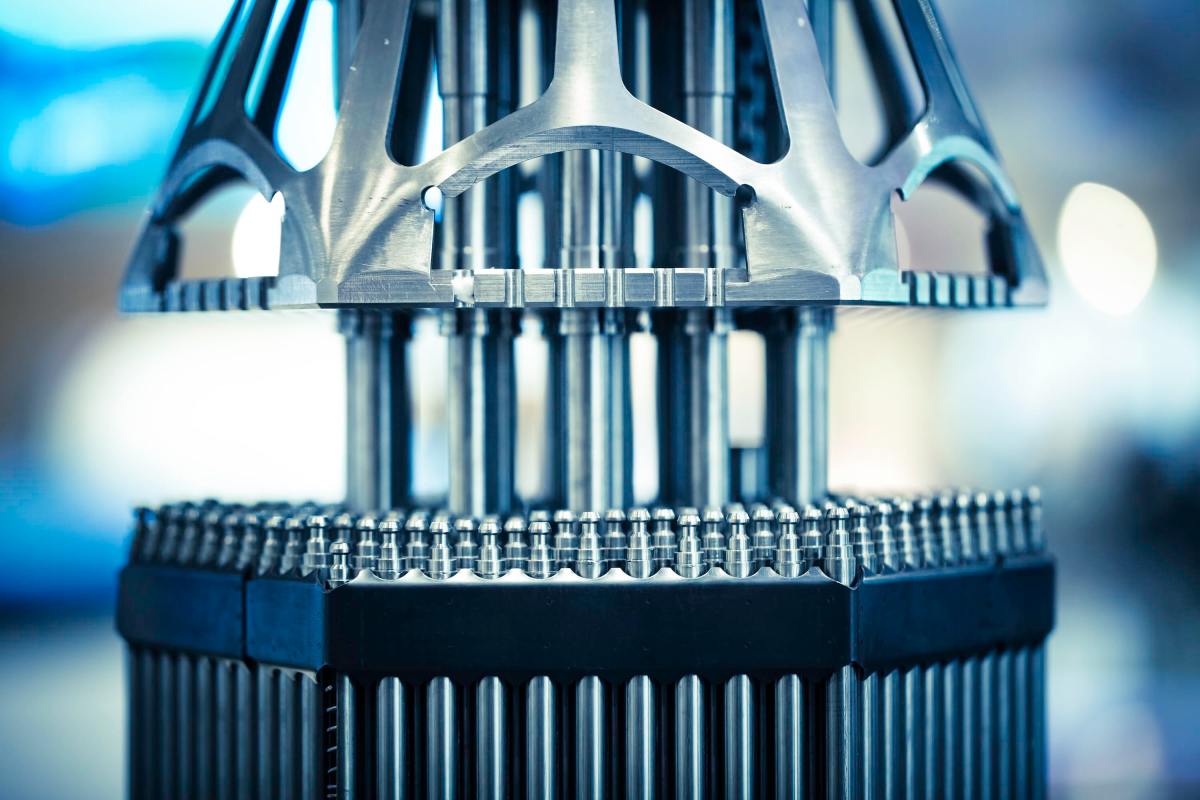Back in the 1950s, the U.S. started detonating nuclear bombs underground to limit the fallout, both radioactive and sociopolitical, unleashed by aboveground testing. Hundreds of feet of rock formed a tidy barrier for the next 40 years as countries continued to bomb the subsurface.
Now, a nuclear startup wants to bury a small reactor underground, using depth as a substitute for the tons of concrete required to safeguard aboveground reactors. The company, Deep Fission, signed a deal on Tuesday with data center developer Endeavour to build 2 gigawatts worth of subterranean nuclear power.
Nuclear startups are having a moment, driven in part by the growing energy demand of datacenters running compute-intensive workloads for AI applications. Google has paired up with Kairos for 500 megawatts’ worth of reactors, while Amazon has turned to X-Energy for around 300 megawatts’ worth. Data center operator Switch inked a deal with Sam Altman-backed Oklo for 12 gigawatts of electricity. Meanwhile, Meta is taking a different tack, inviting nuclear developers to submit proposals.
Most nuclear startups specialize in designing small modular reactors, which promise to lower costs through mass production techniques. Their compact footprints are also appealing to developers, who prefer to maximize the number of servers on their properties.
Deep Fission’s reactors would be lowered on cables down a 30-inch, one-mile deep borehole. The reactors are pressurized-water designs, a common approach used in everything from nuclear submarines to massive power plants. A steam generator paired with the reactor would turn heat into steam, which would be fed to the surface via pipes running the length of the borehole. Any maintenance would require hauling the reactor to the surface, which the company says would take “only an hour or two.” Deep Fission is targeting between five to seven cents per kilowatt-hour, less than half what Lazard estimates new nuclear power costs today in the U.S.
The deal is the latest in a flurry of agreements that, if completed, would usher in a nuclear power renaissance in the U.S. Deep Fission’s plan is to switch on its first reactor in 2029, which is in line with other companies’ plans.
Also like most of its peers, Deep Fission has yet to receive a license from the Nuclear Regulatory Commission. The startup began the process in March. In the past, it could take years to receive approval, but a new law sets an 18-month timeline for the NRC to give small modular reactors a thumbs up or down. So far, Kairos is the only company to have successfully made it through the process.
techcrunch


